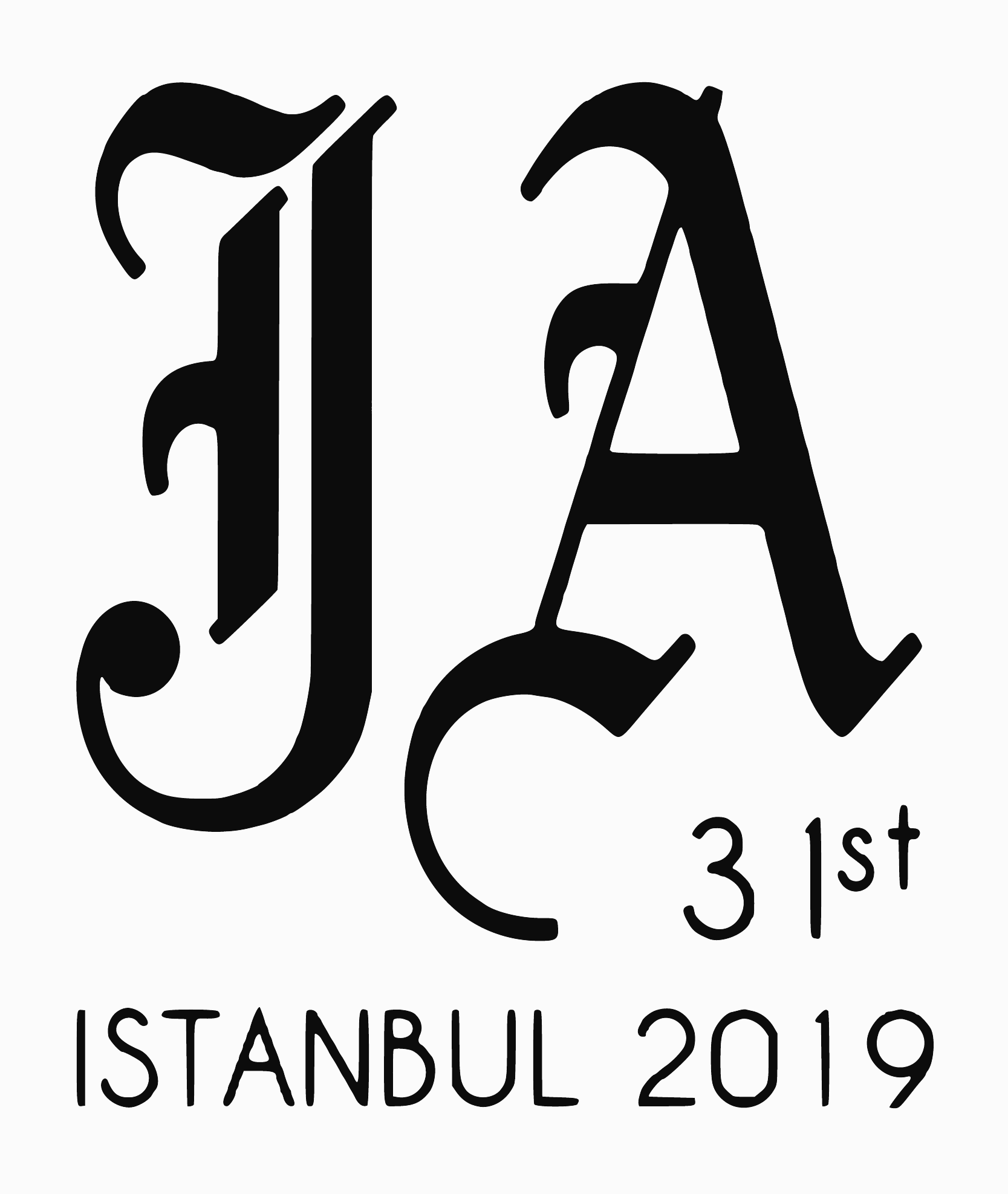|
18 Şubat 2015, 15:00 
Hacettepe Üniversitesi Matematik Bölümü SeminerleriIncorporating local boundary conditions into nonlocal theories Burak Aksoylu
We study nonlocal equations from the area of peridynamics on bounded domains. In our companion paper, we discover that, on $R^n$, the governing operator in peridynamics, which involves a convolution, is a bounded function of the classical (local) governing operator. Building on this, we define an abstract convolution operator on bounded domains which is a generalization of the standard convolution based on integrals. The abstract convolution operator is a function of the classical operator, defined by a Hilbert basis available due to the purely discretespectrum of the latter. As governing operator of the nonlocalequation we use a function of the classical operator, this allows us to incorporate local boundary conditions into nonlocal theories. The governing operator is determined by what we call the regulating function. By choosing different regulating functions, we can define governing operators tailored to the needs of the underlying application.
For the homogeneous wave equation with the considered boundary conditions, we prove that continuity is preserved by time evolution. Namely, if the initial data is continuous, then the solution is continuous for real $t$. This is due to the fact that the solution has a unique decomposition into two parts. The first part is the product of a function of time with the initial data. The second part is continuous. This decomposition is induced by the fact that the governing operator has a unique decomposition into multiple of the identity and a Hilbert-Schmidt operator. The decomposition also implies that discontinuities remain stationary.
We present a numerical study of the solutions of the wave equation. For discretization, we employ a weak formulation based on a Galerkin projection and use piecewise polynomials on each element which allows discontinuities of the approximate solution at the element borders. We study convergence order of solutions with respect to polynomial order and observe optimal convergence. We depict the solutions for each boundary condition.
NOT: Tea and cookies will be served after the talk Analiz İngilizce Yaşar ATAMAN Seminer Salonu admin 20.03.2020 |
